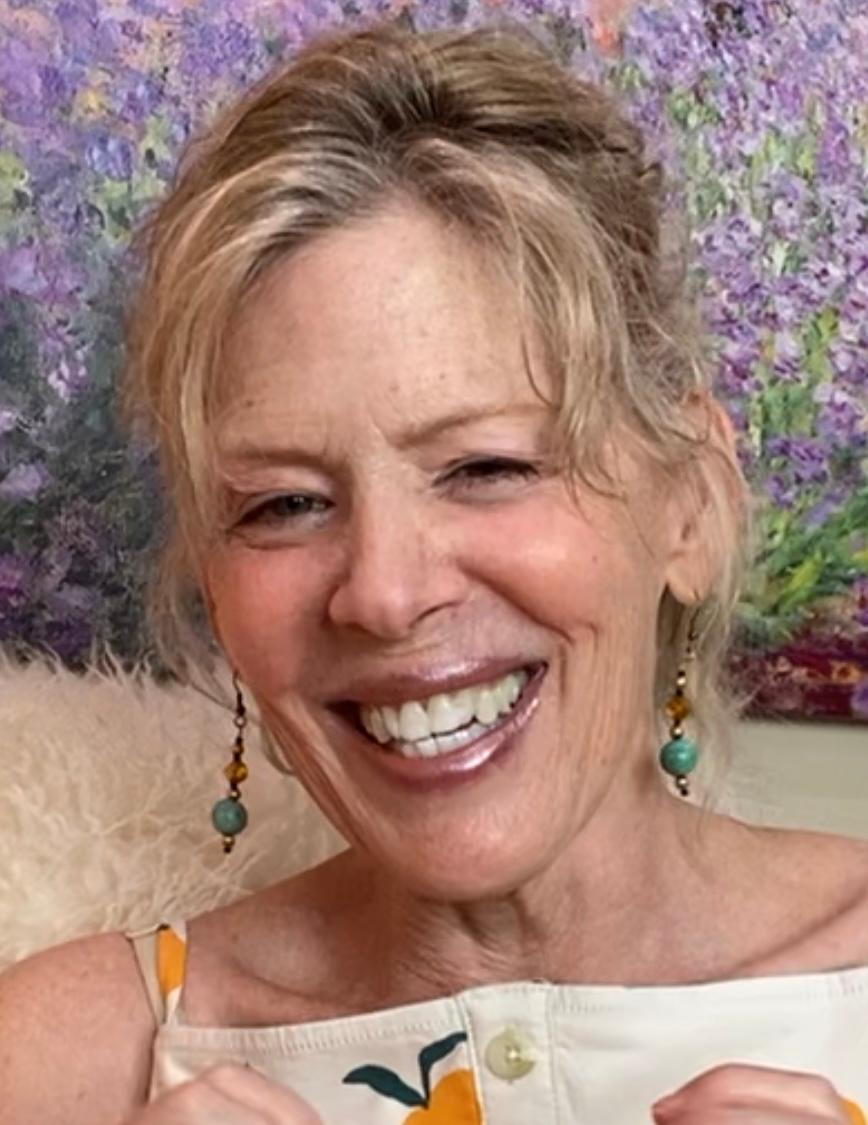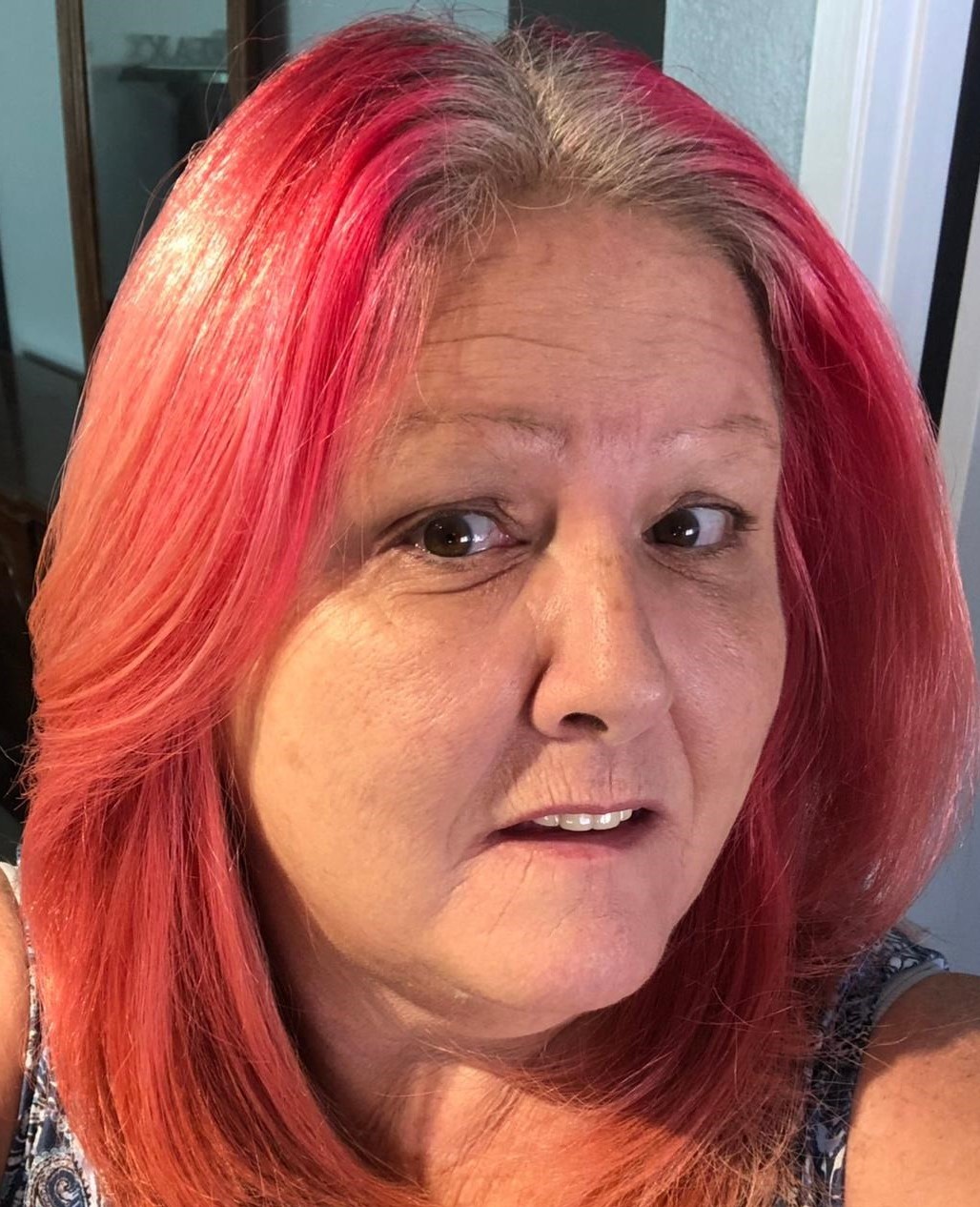
Check out For Grace founder Cynthia Toussaint's latest column on Pain News Network! One of the ways doctors and health experts sell women in pain short is underestimating how tough they are. Cynthia shares in this hard-hitting piece how she spent years bunkering from COVID due to her doctors saying it would be catastrophic if she ever contracted the virus. Now after catching it, and developing Long COVID, she questions what all the over-concern was about. Maybe these healthcare professionals need to learn a thing or two about the character of women in pain, give them the correct information - and trust they know what's in their own best interest.

Here’s another chance to catch For Grace founder Cynthia Toussaint’s inspiring article, "When It Came to My Breast Cancer, I Did It My Way", that details her fight against cancer while avoiding a catastrophic CRPS flare. Debuting on HealthyWomen's homepage, now featured in this week's newsletter along with an accompanying social media reel promoting the piece, Cynthia shares her story of grit, grace and the strength to stand her ground as an empowered patient while building a healthcare team with her at the helm. Spolier Alert - Cynthia's doctors are calling her a miracle!

Check out For Grace's July Story of the Month as we continue to explore the intersection between chronic pain and social isolation. After Pattie Rosario developed CRPS, her world went small. She soon shut down socially, thinking why try with a disease that no one understands. Pattie then changed course, tried a positive attitude including communicating her needs and fears. With friends and family, she told them exactly what was going on pain-wise and spoke her truth. Pattie also shares that sometimes there's a pain price to pay for being social, but it's all worth it!

The US Surgeon General recently issued an advisory that raised the alarm about social isolation and loneliness being a public health epidemic. Knowing this problem is a key part of the chronic pain experience, we reached out to women in pain early in the year seeking heartfelt stories that speak to the intersection between pain and being alone. We cherished each story we received! For Grace is needing four more articles to complete this year's Share Your Story theme. If this timely topic resonates with you, please write and share your story with us. Thank you in advance!
